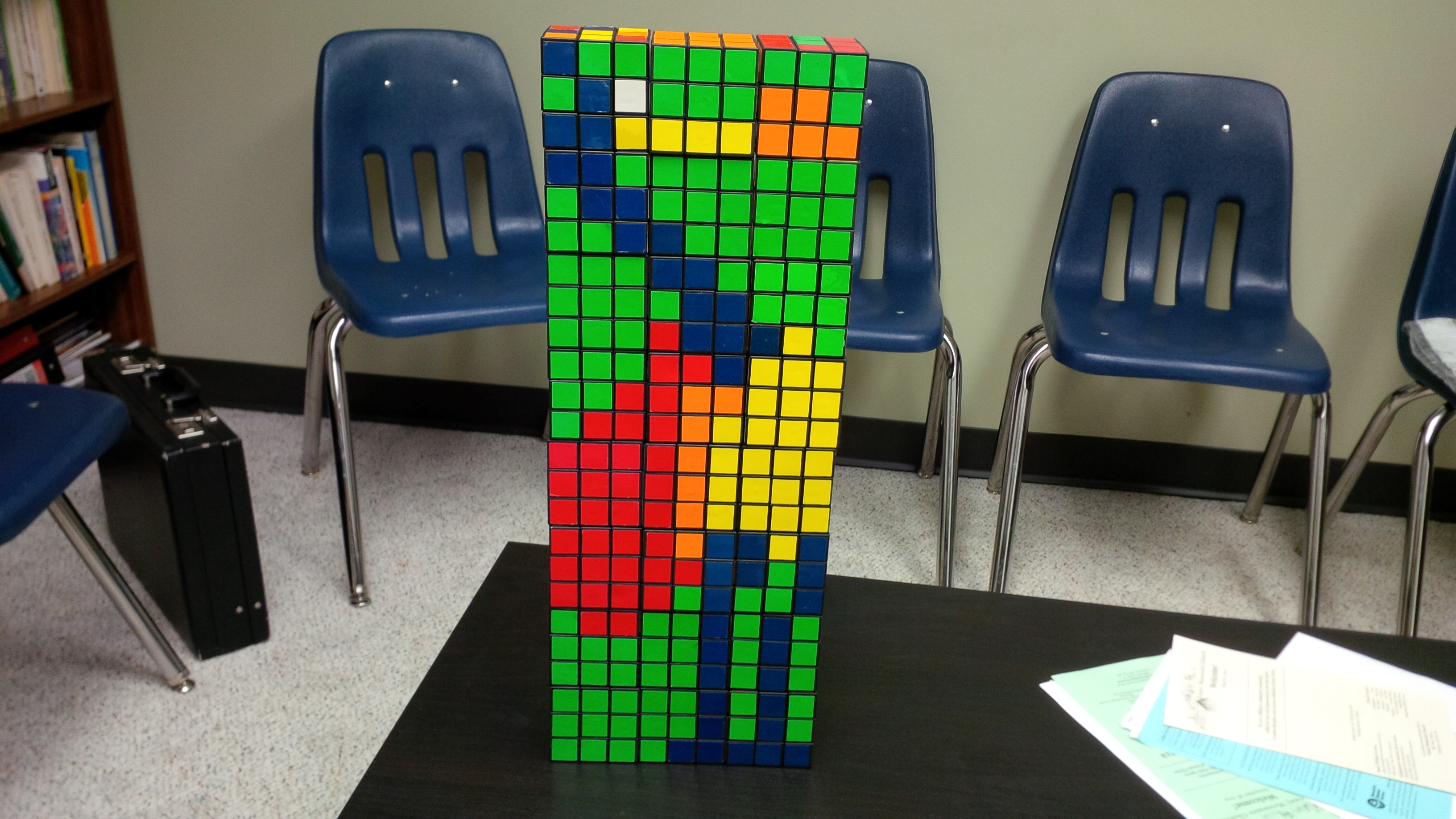Have you heard the conspiracy theory about Disney’s UP? If you haven’t seen it, you should. It’s a beautiful story of an old man who, as a child, dreamt of being an explorer like his hero Charles Muntz and is now living that out by floating his home down to South America with the help of helium balloons. He accidentally brings a child along for the ride, and the two enjoy the adventure together. It’s cute, it’s fun, and nobody sings. I’ll try not to give away the storyline, but it’s pretty predictable. The old man and the boy bond after enduring each other’s quirks, and they find an obstacle that they need to overcome together.
The new and uncommon approach suggests that there is sometime else going on. The idea is that the night before Carl is supposed to move into the nursing home, the night before he secretly plans to fly his house down to South America (spoiler alert), he actually dies. That might sound a little dark for Disney, but consider that the first five minutes of this movie take the audience through an emotional roller-coaster that can leave most adults winded from the heartbreak. It’s almost like it’s a kind of “It’s a Wonderful Life” in reverse, where Russell, the boy, is actually a guardian angel type figure sent from above to prepare him for the afterlife, by helping him take care of some unfinished business.
It seems like an odd idea at first, but this is precisely when the movie switches from reality to fantasy. There are a lot of questions that a person grounded in reality might ask, many of which build on each other. For example, what kind of materials is Carl using? Regular balloons, thread and helium certainly wouldn’t accomplish the task. Once the house is in the air, how does he avoid detection from the presumably numerous countries curious about who is occupying their airspace? Given the distance they cover, how could they travel so fast without any evidence of consistent strong wind? Also, Carl looks like he is at least 75, so Charles Muntz was either a ridiculously young world famous explorer, or it’s a miracle that he is still alive.
I’m guessing that at this point you are either nodding and saying that these inconsistencies ruined the movie for you too, or you are ready to reassure me that it’s a kids’ movie and I shouldn’t take it too seriously. But, remember, there are all sorts of interesting real life stories that happen all the time that don’t get made into movies. People write fictional stories all the time that don’t get made into movies (for example). So, every story that gets told on the silver screen, is told carefully and intentionally. Like any good storyteller, they set out a clear path the tale will take. The story arc here is that Carl wanted to be an explorer, then life happened, and then at the end of his life (or maybe the beginning of his next life) he finally gets to be one. Then, while he is exploring, he makes a discovery, accidentally and inconveniently for him, but a discovery nonetheless. He discovers, and then sort of befriends, a new and undocumented species of bird.
It seems to me that Carl has a revelation. Of course there is the over-arching, moral of the story kind of revelation, which is that he and his wife have already lived a grand adventure, and that with friends like Russell, he can continue to live one. That’s great. But the one that I find more interesting is in his identity as an explorer. Initially he had set out to see Paradise Falls with his wife, but Paradise Falls wouldn’t have been their discovery, they would have been exploring Charles Muntz’ discovery. If Carl had helped Muntz capture the bird, he would only have been a part of another of Muntz’ discoveries. At this point, Carl is much more comfortable with Russell’s plan of saving the bird from Muntz, except that Muntz is Carl’s hero and Russell has been annoying Carl for the whole trip. Will he reject his dreams and follow the whims of a child?
I suspect the Magi asked themselves the same question. Little is known about what led them to Israel? Did one of their own prophets or visionaries receive a divinely inspired word? Did their people interact with the Jews at some other point in history, in the desert, in Assyrian or Babylonian captivity, when a prophetic message was transferred? Either way, these people were probably sitting on this prediction for a long time, and when it came true, there must have been a lot of excitement. What were they expecting? Did they foresee the political turmoil their presence would create? Did they predict the detour after not finding the baby in the royal palace in Jerusalem? Were they expecting a poor family with a surprisingly young mother? Probably not. We can only speculate on what they were thinking, and it might not be the most fruitful process, but they must have been surprised once or twice on the trip and needed to adjust their plan accordingly.
Our journey’s might not be as adventurous as either Carl’s or the Magi’s, but along our various journeys (geographic, spiritual, metaphorical) we will certainly find surprises and setbacks, but we continue forward adjusting accordingly. We cannot know the true nature of the journey until we are living it. We cannot know what destination awaits us until we fully invest ourselves in the journey. God has set a larger mystery in motion, and to engage ourselves in it, we must allow ourselves to be surprised by it.

Leave a Reply